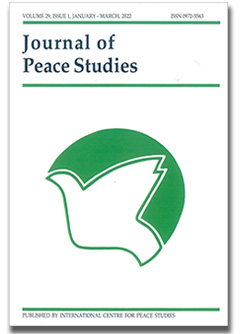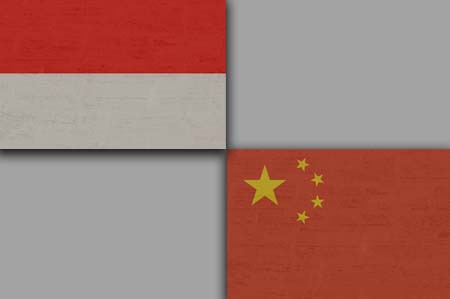
Dr Aleksei Zakharov, Research Fellow, Higher School of Economics (HSE), Moscow interacted with the researchers at ICPS on 17 March 2023. There was a free exchange of views on the evolving political and security situation in the Eurasian region including Afghanistan.












Comments
India–US Trade Deal: More Than Commerce, It is a Strategic Signal
Imran Khurshid
India’s interim trade deal with the United States signals for India, more than commerce, a strategic foresight, diplomatic patience, and growing confidence on the global stage.
Shaksgam Valley: Pakistan's Complicity in China's Territorial Expansionism
Senge Sering
China’s control of Shaksgam Valley stems from Pakistan’s 1963 transfer of the territory under a temporary border agreement. India rejects the deal, calling it illegal, while China leverages Shaksgam for strategic infrastructure and military advantage. The dispute remains unresolved, complicating future of the areas illegally occupied by Pakistan and China and affects regional stability.
The Death of Dialogue: Criminalising Dissent in Pakistan
Nazir Ahmad Mir
The sentencing of activists Imaan Mazari and Hadi Ali Chattha to 17 years in prison signals a drastic shrinking of Pakistan’s democratic space. By equating human rights advocacy with anti-state terrorism, the state risks alienating sensible voices.
Xi Jinping’s High-Stakes Military Purge: Raises Questions Over China’s Taiwan Readiness
Imran Khurshid
China’s dramatic purge of its top generals is not merely an anti-corruption drive — it is a ruthless test of loyalty. The upheaval exposes deep insecurity at the heart of Xi Jinping’s control over the Party-army.